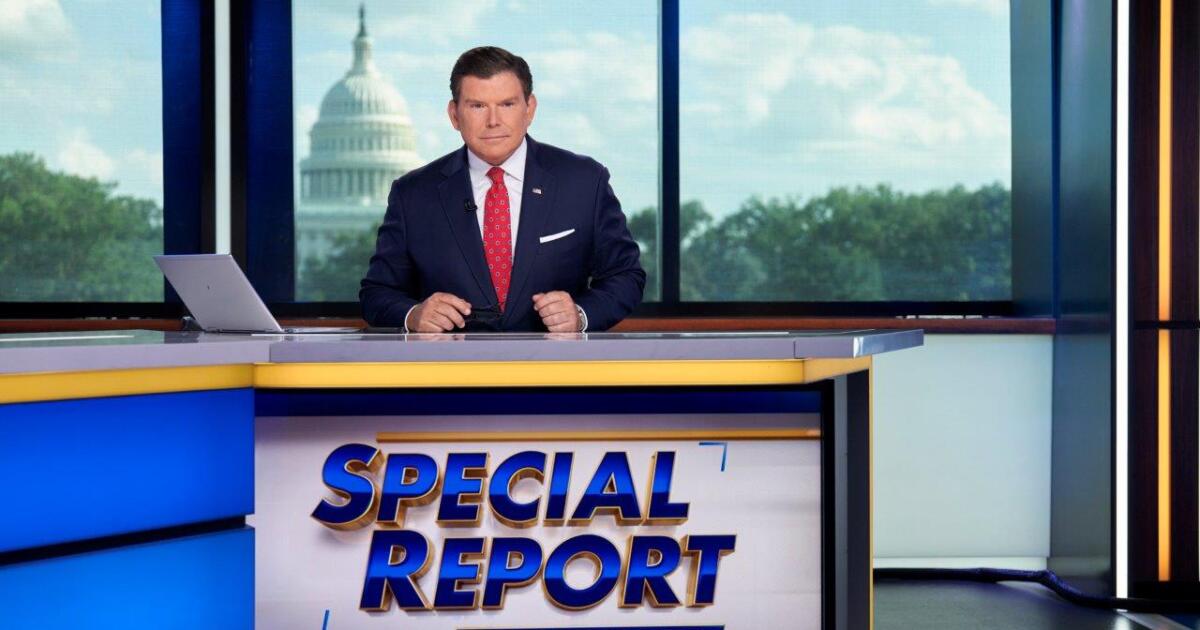The first special cabinet committee meeting on Canada-U.S. relations focused on safeguarding the border and protecting bilateral trade with the coming Trump administration, Deputy Prime Minister Chrystia Freeland said Friday.
Ms. Freeland and Foreign Affairs Minister Mélanie Joly held a news conference after the meeting to assure Canadians that the government is ready to deal with president-elect Donald Trump, who campaigned on aggressive protectionist trade policies and a tough immigration agenda.
Opinion: What will be the economic consequences of Donald Trump?
Unlike the last Trump election that caught the government off guard, Prime Minister Justin Trudeau and his team already have relationships in place with people in the president-elect’s orbit, which two officials said have been carefully maintained.
Still Mr. Trump’s election comeback is forcing some changes in Mr. Trudeau’s government: What was until this week a defunct cabinet committee on Canada-U.S. relations is now viewed as the most important one.
Mr. Trudeau’s travel was extended next week to ensure he attends two economic summits in South America, which became much higher priorities to ensure Mr. Trudeau, his staff and cabinet ministers have as much opportunity as possible to meet with U.S. politicians and business leaders and other world leaders ahead of Mr. Trump’s inauguration, according to the two officials.
The Globe is not identifying the officials who were not authorized to disclose the confidential deliberations.
They also said a cabinet shuffle will not go ahead next week. The shuffle was expected after four cabinet ministers confirmed they will not seek re-election, but no date has been finalized, as the Prime Minister’s Office weighs whether to make more significant changes to the cabinet.
Ms. Freeland told reporters she has spent much of the week reaching out to premiers and business leaders in major economic sectors and Ms. Joly said she has already been in touch “with many key influencers” on Mr. Trump’s team and top U.S. senators.
Mr. Trump’s decisive election victory and the Republicans gaining control in the Senate are expected to leave him with a clear path to press ahead with his campaign promises. Most concerning for Canada is his vow to impose a 10-per-cent tariff on imports, according to one of the government officials.
Pressed to detail what Canada’s response would be, Ms. Freeland declined to say and insisted that the current trade relationship is “strong and mutually beneficial.”
The Finance Minister said she has already had several discussions with Robert Lighthizer. He served as U.S. trade representative under Mr. Trump’s first administration and is expected to do the same this time around. Mr. Lighthizer led the renegotiation of the trade pact between Canada, the U.S. and Mexico, and Mr. Trump has vowed to rewrite it again when it comes up for review in 2026.
Ms. Freeland said Canada won’t sit back and accept higher tariffs without a fight. She noted that Canada imposed tariffs in 2018 when Mr. Trump brought in short-lived tariffs of 25 per cent on Canadian steel products and 10 per cent on Canadian aluminum products.
“What is important about that experience is that Canada and the United States agreed at the end of the day that it didn’t make sense for our two countries to have those tariffs imposed,” she said.
As well, Ms. Freeland said Stelco in Hamilton is now owned by U.S.-based Cleveland-Cliffs Inc., whose chairman Lourenco Goncalves is a major supporter of the president-elect. She said Mr. Goncalves told her Thursday he had “real confidence” that the trade relationship will not be in jeopardy.
Ms. Freeland added that Canada would pull back on its massive subsidies for electric-vehicle plants if the Trump administration cancels U.S. subsidies for that slice of the auto market. The government supports were introduced through President Joe Biden’s Inflation Reduction Act.
Mr. Trump has also pledged to remove 11 million undocumented immigrants, posing a significant issue for Canada if many of these people flee north of the border.
Although Ms. Freeland would not provide details, she said Ottawa has a plan to protect the border and said the issue is a “central point of focus” for the government.
Vice president-elect JD Vance has estimated about one million undocumented migrants could be removed from the U.S. annually. The American Immigration Council estimated it would take about a decade and cost nearly US$1-trillion to remove all of these migrants.
Both Ms. Joly and Ms. Freeland were also pressed for Ottawa’s response to Mr. Trump’s expectation that Canada and other NATO allies spend 2 per cent of GDP on defence.
In July, the Prime Minister said Canada would hit the NATO target by 2032, but the new timeline was announced with no detailed plan or costing and came three months after his government released its revised defence policy that included no path to get to 2 per cent.
This year, Canada is expected to spend about 1.39 per cent of GDP on defence.
Ms. Joly would only say that Canada has tripled defence spending and will also unveil a new Arctic strategy that she expects will be appreciated by the coming Republican administration. She argued that Canada’s approach to defence is a “win-win” for both countries.
However, Kelly Craft, the former U.S. ambassador to Canada under Mr. Trump, told CTV News this week that Ottawa needs to spend more on defence, and that 2032 was not a fast enough timeline.






